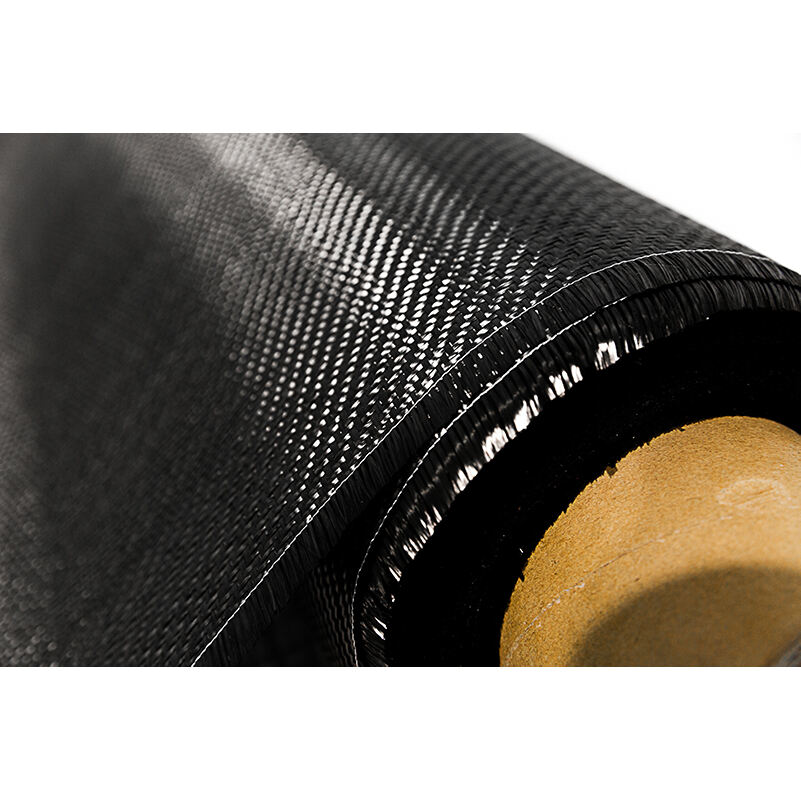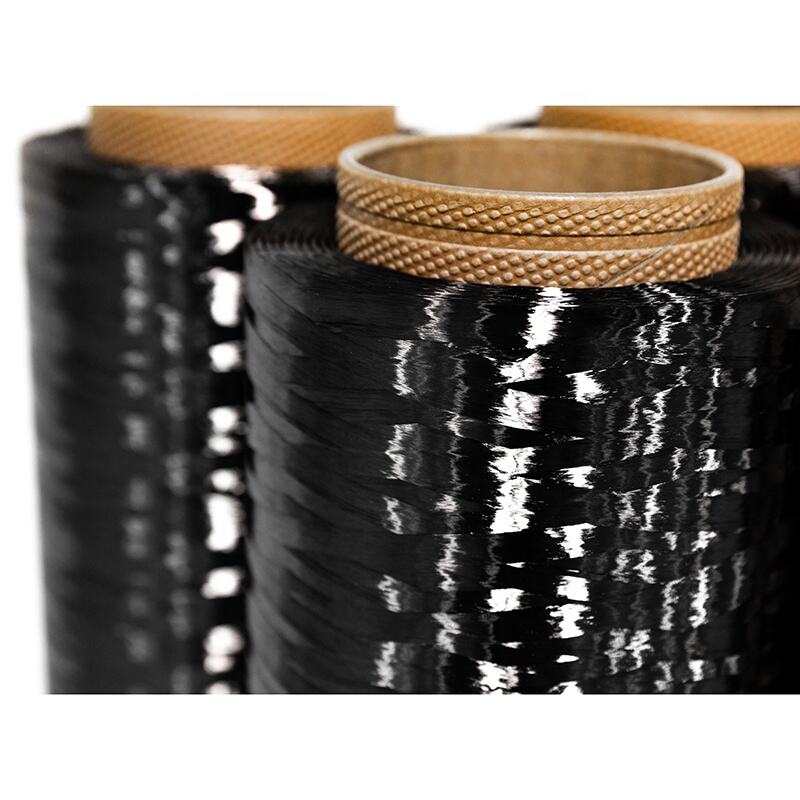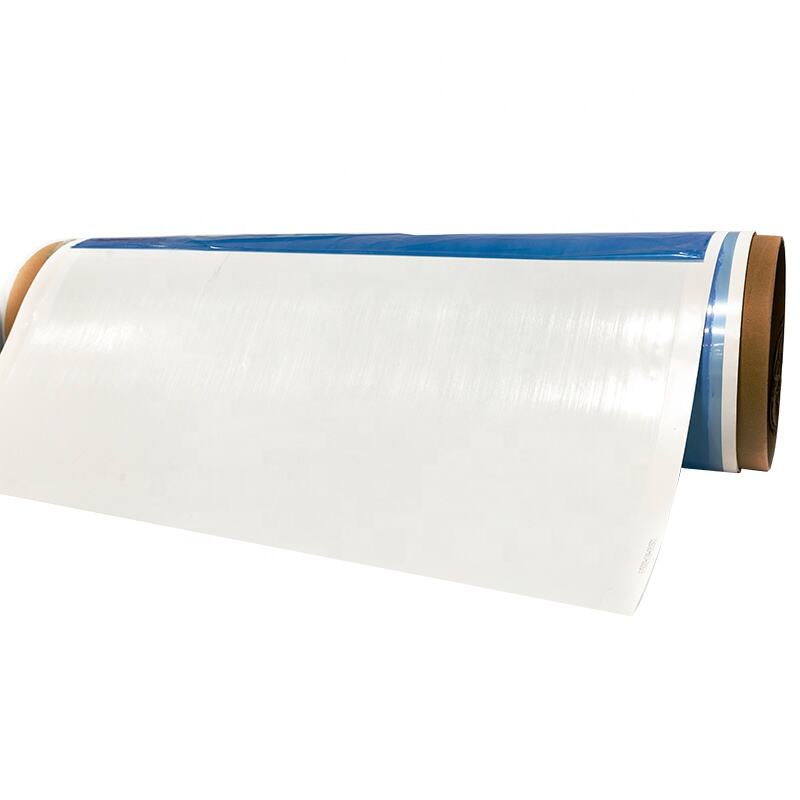carbon fiber woven fabric
Carbon fiber woven fabric represents a cutting-edge material that combines exceptional strength with remarkably low weight. This advanced composite material consists of carbon fibers meticulously woven into a textile structure, creating a versatile and robust material that finds applications across numerous industries. The fabric is manufactured through a sophisticated process where thousands of carbon filaments, each thinner than a human hair, are woven together in specific patterns to create a material that offers unparalleled strength-to-weight ratios. The weaving patterns can be customized to meet specific mechanical requirements, allowing for optimization of strength in desired directions. This adaptability makes carbon fiber woven fabric particularly valuable in aerospace, automotive, and sporting goods applications. The material exhibits outstanding resistance to temperature changes, chemical exposure, and mechanical stress, while maintaining dimensional stability under varying environmental conditions. Its unique properties include high tensile strength, excellent fatigue resistance, and superior thermal conductivity. The fabric can be impregnated with various resins to create composite parts that offer enhanced structural integrity while remaining incredibly lightweight. Modern manufacturing techniques have made it possible to produce carbon fiber woven fabric in different weights, weave patterns, and surface finishes, enabling its use in applications ranging from high-performance vehicle components to protective equipment and architectural elements.


